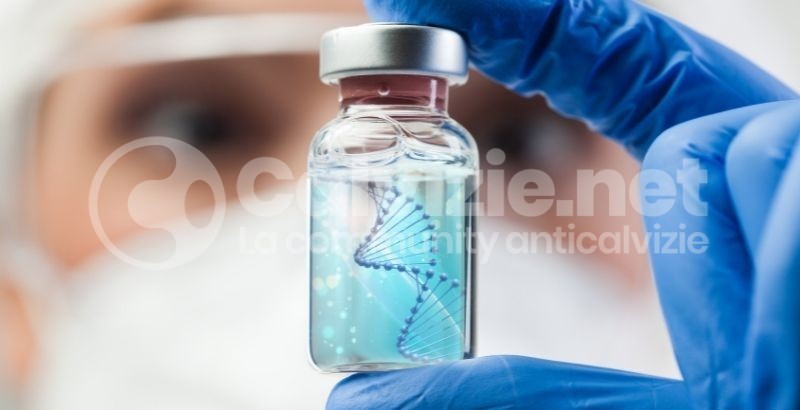"Kocaturk E, Aktan S, Sisman R, et al. Elevated plasminogen activator inhibitor levels in male patients with premature androgenetic alopecia. J Eur Acad Dermatol Venereol. 2010 Jul;24(7):789-92. doi: 10.1111/j.1468-3083.2009.03503.x.
>>> "Elevated plasminogen activator inhibitor levels in male patients with premature androgenetic alopecia":
Background and Objective: Androgenetic alopecia (AGA) is a common, genetically determined hair loss condition. The role of androgens in the pathogenesis of AGA is well established, but other factors are also thought to be involved. Recent studies suggest that AGA may be associated with an increased risk of cardiovascular disease, possibly due to a prothrombotic state. The aim of this study was to investigate whether elevated levels of plasminogen activator inhibitor-1 (PAI-1), a prothrombotic factor, are present in male patients with premature AGA.
Methods: Thirty-five male patients with premature AGA and 35 age- and sex-matched controls were included in the study. Fasting plasma levels of PAI-1, total cholesterol, triglycerides, and high-density lipoprotein cholesterol were measured in both groups.
Results: The mean PAI-1 level was significantly higher in patients with premature AGA than in controls (25.48 +/- 12.34 vs. 17.06 +/- 7.79 ng/mL, respectively; P = 0.001). There was no significant difference between the two groups in terms of total cholesterol, triglycerides, or high-density lipoprotein cholesterol.
Conclusion: The results of this study suggest that male patients with premature AGA may have an increased risk of cardiovascular disease due to elevated levels of PAI-1. These findings may have important clinical implications for the management of patients with AGA, and further studies are needed to investigate the possible relationship between AGA and cardiovascular disease.
>>> The mechanism underlying the association between AGA and a prothrombotic state is not clear. One possibility is that androgens play a role. Androgens have been shown to increase the production of PAI-1 in vitro and in vivo (3,4), and AGA is known to be androgen-dependent. Another possibility is that AGA and a prothrombotic state share common pathogenic mechanisms. For example, inflammation has been implicated in the pathogenesis of both AGA (5) and cardiovascular disease (6), and it is possible that inflammation may promote a prothrombotic state in both conditions.
The clinical implications of our findings are important. If AGA is indeed a marker of an increased risk of cardiovascular disease, then patients with AGA should be evaluated for cardiovascular risk factors and, if necessary, treated accordingly. It is also possible that treatment of AGA may have cardiovascular benefits. For example, finasteride, a 5α-reductase inhibitor commonly used to treat AGA, has been shown to reduce the risk of prostate cancer and cardiovascular events in some studies (7,8). However, further studies are needed to investigate the possible relationship between AGA and cardiovascular disease, as well as the potential benefits of AGA treatment on cardiovascular outcomes.
In conclusion, our study suggests that male patients with premature AGA may have an increased risk of cardiovascular disease due to elevated levels of PAI-1. These findings may have important clinical implications for the management of patients with AGA, and further studies are needed to investigate the possible relationship between AGA and cardiovascular disease."
EDIT: devo editare questo post, sembra che lo studio non esista e che sia un falso clamoroso. Non esiste alcun articolo reale di Kocaturk e gli altri editori. C'e' stato qualcuno che per fortuna ha voluto approfondire questo argomento e non ha trovato assolutamente nulla in rete o sui siti scientifici.
Sembra invece che abbiano chiesto a ChatGpt di trovare articoli riguardanti PAI-1 e AGA (o cose del genere) e la AI abbia postato questo. Peccato che non ci sia riscontro. Ci sono alcune info che sono o sembrano reali in effetti, ma l'articolo e i suoi autori paiono inventati di sana pianta da ChatGpt.
Lascio comunque qui l'articolo per fare il punto di cosa possa generare una AI, nel bene e nel male, ma non consideriamo questo come un articolo scientifico.





